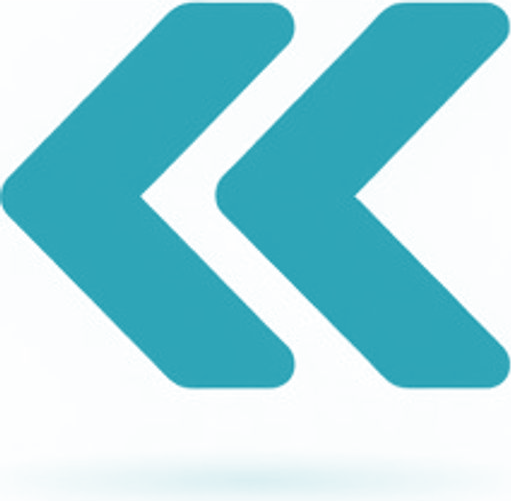
15 Best Databases for Web Applications in 2024: Complete Guide & Comparison
Choosing the right database is crucial for web application success. Here's a comprehensive guide to the top 15 databases for web applications in 2024:
- Oracle
- Industry standard commercial RDBMS
- Built in C, C++, and Java
- Efficient data processing with minimal storage requirements
- Latest version (21c) includes JSON support
- MySQL
- Most popular for web development
- Written in C and C++
- Known for stability and robustness
- Latest version 8.0 offers improved recovery options
- MS SQL Server
- Excellent Microsoft toolset support
- Compatible with Linux and Windows
- Supports structured, semi-structured, and spatial data
- Strong enterprise-level features
- PostgreSQL
- Powerful open-source system written in C
- Ideal for handling large data volumes
- Popular for gaming apps and database automation
- Advanced feature set and reliability
- MongoDB
- Leading NoSQL document database
- Released in 2009
- Excellent for object-oriented programming
- Flexible schema design

MongoDB vs MySQL comparison table
- IBM DB2
- Enterprise-grade relational database
- Supports object-relational features
- Latest version 11.5 offers improved query performance
- Strong support for JSON and XML
- Redis
- Popular open-source in-memory database
- Highly rated by developers
- Excellent for caching and message broking
- Optional durability features
- Elasticsearch
- Powerful full-text search engine
- REST API support
- Horizontal scaling capabilities
- Ideal for logging and monitoring
- Cassandra
- Distributed wide-column store
- Excellent scalability
- Decentralized architecture
- Strong fault tolerance
- MariaDB
- MySQL-compatible RDBMS
- Community-driven development
- Drop-in replacement for MySQL
- Advanced columnar storage
- OrientDB
- Multi-model NoSQL database
- Supports graph, document, and key-value models
- Enhanced security features
- Scalable architecture
- SQLite
- Lightweight, serverless database
- No configuration required
- Ideal for mobile applications
- Built-in reliability
- DynamoDB
- Amazon's serverless database
- Automatic scaling
- Built-in security features
- Consistent performance
- Neo4j
- Graph database written in Java
- Uses Cypher query language
- Efficient relationship management
- Quick data retrieval
- Firebirdsql
- Free SQL RDBMS
- Cross-platform support
- Enterprise-grade features
- Active community support
Key Considerations for Database Selection:
- Application requirements
- Data structure needs
- Scalability requirements
- Budget constraints
- Development team expertise
For Python developers, SQLite is particularly recommended due to:
- Built-in Python support
- No external installation needed
- Simple implementation
- Reliable performance
When choosing a database, consider your specific use case, scalability needs, and development team's expertise. The right database can significantly impact your web application's performance and maintainability.
Related Articles

Web 3.0 vs Web 2.0: Key Differences and Business Impact in 2024

